On January 20, 2025, President Donald Trump announced the creation of the External Revenue Service (ERS) during his inauguration speech. This new federal agency marks a significant shift in America’s approach to trade and economic policy, emphasizing a renewed focus on generating revenue from foreign sources. But what does the ERS mean for the American people? Let’s explore the details and implications of this initiative.
What is the External Revenue Service?
The ERS is designed to function as a counterpart to the Internal Revenue Service (IRS), with a unique focus on external revenue streams. Its primary purpose is to oversee the collection of tariffs, duties, and other revenues generated from international trade. By centralizing the collection of these funds, the ERS aims to enhance efficiency, improve compliance, and ensure that foreign entities contribute their fair share to the U.S. economy.
Why Now?
This initiative is part of President Trump’s broader “America First” economic strategy, which seeks to reduce reliance on imports and bolster domestic industries. By imposing and effectively collecting tariffs, the administration hopes to encourage businesses to invest in American production while generating significant income for the U.S. Treasury.
What Does the New ERS Mean for the People?
The creation of the External Revenue Service (ERS) reflects a significant attempt to reorient America’s economic priorities. This initiative aims to strengthen domestic industries by ensuring that foreign entities contribute directly to the U.S. economy. The revenue generated is poised to be reinvested in critical public sectors like infrastructure, healthcare, and education, potentially fostering widespread national growth and stability.
However, the ripple effects of this policy must be carefully considered. Tariffs and duties, the cornerstone of the ERS’s revenue collection strategy, often lead to increased costs for imported goods. As these costs trickle down, American consumers may face higher prices for everyday items, from electronics to household necessities. For families already grappling with inflation, this could compound financial strain.
At the same time, this shift could stimulate a resurgence in domestic production. By leveling the playing field and making American goods more competitive, the ERS could help create jobs and reduce dependency on foreign imports. While the vision of economic independence is compelling, it’s crucial to remain vigilant about how these changes unfold, ensuring the benefits outweigh the burdens for all Americans.
A Shift in Global Trade Dynamics
The creation of the ERS signals a bold move in U.S. trade policy. By prioritizing domestic economic interests, the administration is sending a clear message to global trading partners. However, this shift also raises questions about the future of international cooperation and the potential for trade wars.
A Bold Shift in U.S. Economic Policy
The creation of the External Revenue Service (ERS) represents a groundbreaking moment in U.S. economic policy. By centralizing the collection of tariffs and duties from foreign trade, the ERS seeks to reduce America’s reliance on imported goods and bolster domestic industries. While proponents argue that this policy will generate significant revenue for reinvestment in infrastructure and public services, critics caution against potential price increases for consumers and the risk of strained international relations. At its core, the ERS embodies a bold, America-first strategy aimed at reshaping trade dynamics and reinforcing economic independence.
Conclusion
The establishment of the External Revenue Service represents a significant chapter in America’s economic strategy. While its long-term effects remain to be seen, the initiative underscores a commitment to strengthening domestic industries and securing the nation’s financial future. As this policy unfolds, understanding its implications will empower citizens to adapt and thrive in an evolving economic landscape.


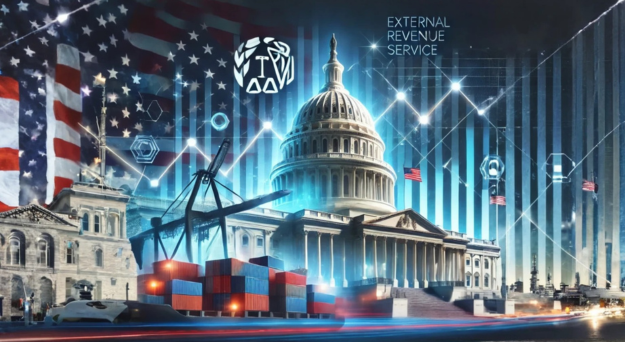
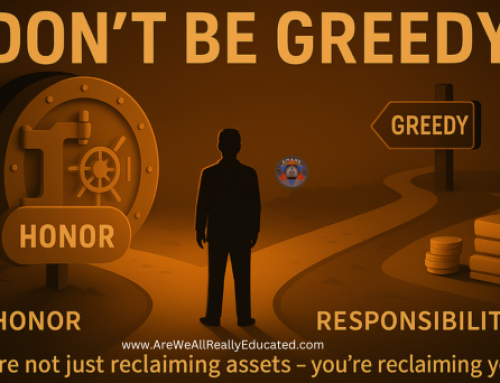
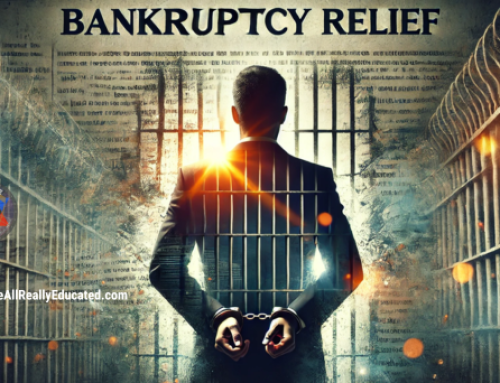
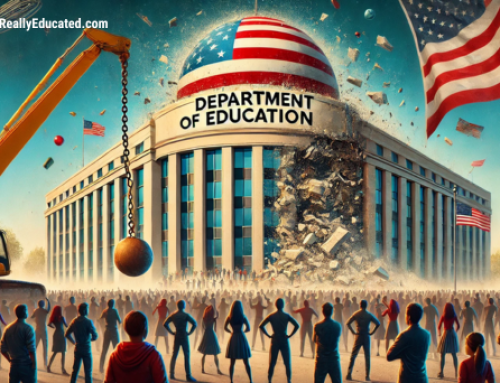
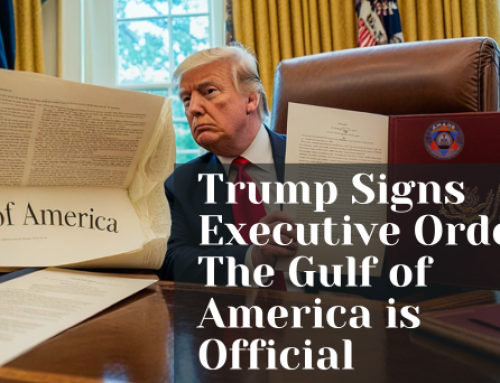
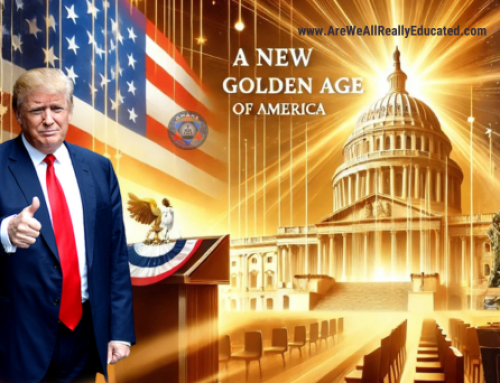
Leave A Comment